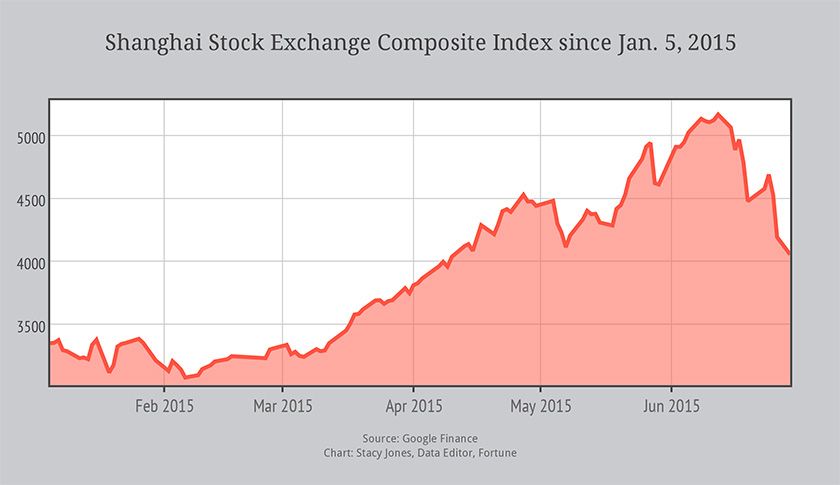There is increasing panic among the GOPe about the possibility that Trump could win the nomination. The “Anyone But Trump” fixation is obsessing the usual suspects.
Megan McArdle: As I see it, there are basically three strategies you can follow:
Anyone but Trump: It doesn’t matter, as long as you vote against Trump. Democrats in open primary states can play, too.
Vote the leader: Pick the winner in your state, and force the nomination selection to the convention.
Attempt to generate an actual alternative front-runner by voting for the national poll leader, or the most plausible candidate — probably Marco Rubio, given that he seems to have the most support from the highest number of GOP coalitions, but possibly Ted Cruz, since he appears to be the next most appealing to Trump voters.
I’ll just start by asking: Which of these would someone follow if their main priority is to defeat Trump? Or am I thinking about it all wrong?
Sean Trende: No, I think you have it basically right. I actually think that, for now, their best chance lies behind Door No. 2.
Why are the elites so obsessed with keeping Trump away from the levers of power ? This is not limited to the USA. Germany is having its own voter revolt.
The anti-immigrant AFD – Alternative for Germany – party has scored massive gains in municipal weekend elections which reflect growing public anger at the refugee policies of Chancellor Angela Merkel.
The polls for councils in the state of Hesse saw the AFD make significant inroads on the two main established parties – Merkel’s conservative CDU and the centre-left SPD – to come in third with 13.2 percent of the vote, knocking the environmental Greens into fourth place.
Frankfurt CDU politician Markus Frank said: ‘The preliminary result of the AfD is frightening. I had expected a maximum five percent.’
Where does this voter anger come from ?
Maybe it is one manifestation of the Principle Agent Problem.
